Sherif Abdel Samad’s most recent Arabic novel, Al Taboor Al Khamis (Fifth Column, 2021), is tinged with a poignant observation about politics through a humanistic lens that is ever more relevant today, 12 years after the 2011 revolution and the Arab spring.
Lying behind the depth and richness of the content is a unique overarching viewpoint for humanism, which is a political counter perspective that is desperately needed today to counter exploitation of any kind. Though there is domination and abuse in every corner of the world, from the heinous crimes of human trafficking to warfare and terrorism, Abdel Samad’s work focuses on the human being, and social relationships.
From the moment I started reading the book, I was immediately struck by how distinctively different each of Abdel Samad’s novels are from his other books. His novel Chekhov and the Lady With the Little Dog (2019), which is the first piece of work that I read from him, is a more condensed and grounded narrative, while Al Taboor Al Khamis (2021) is much lengthier, more complex, and unrestrained.
For Abdel Samad, literary art can explain beyond what politics can; it can illustrate the interconnection between the human experience and the political context. Inspired by the famous novel 2666 (2004) by Chilean writer Roberto Bolaño, Abdel Samad tells Egyptian Streets that Bolaño’s genius was rooted in his ability to write about politics from a literary point of view.
“If the fiction comes first, and if the literary experience comes first, you can write without any political agenda,” he says.
Though renowned Egyptian writer Alaa Aswany, author of the Yacoubian Building (2002), paved the way for Egyptian modern political literature, there is still room for more politically-oriented literature that embraces different styles and genres. As a former journalist who covered the Arab Spring, Abdel Samad turns towards one of the most powerful weapons in literature: truth. Al Taboor Al Khamis’ story is derived from the lived experiences that he had witnessed as a journalist, but it is blended with fiction to drive the narrative forward and provide philosophical observations.
Understanding political events differently
The novel tells the story of the protagonist Tarek, who is also a journalist, yet can be more accurately described as a dreamer. With time, his dreams get shattered particularly after two experiences: the Arab Spring and losing his friend. His mind no longer drifts to political events, or to the thrill of pursuing a story, but to a place: a serene camp in Gouna (Red sea coast). Later in the novel, Tarek’s isolated and simple life becomes interwoven with terrorist organizations from Libya, the bloodshed in Yemen and the brutality of gangs in Sudan.
This juxtaposition in the novel fuses the tough and unadorned writing of Hemingway’s The Old Man and the Sea (1952) with Tolstoy’s philosophical insights. The novel may be difficult to read at times due to the sudden shifts in settings, but Abdel Samad manages to merge all of the events together smoothly. It is a work of art in character development, as he illustrates how characters change over time.
It is also a meticulous pursuit of a different conception of political events and how they occur, despite the fact that they are disguised in a narrative. For many people, most political events happen as a result of plotting bya group of people who gather in secret, which is what the term ‘Fitfth Column’ usually implies, yet Abdel Samad’s novel much deeper into the real lived experiences of people.
Autofiction, and ‘honest’ literature
According to art critics, there is a rising wave towards autofiction, blurring the line between fiction and autobiography, which Abdel Samad depicts quite evidently in this novel. He writes about intimate experiences through fictional characters, but this is not in an attempt to shield against criticism, but more so to deliver a more honest narrative.
“I think there is a big literary movement towards autofiction, and I am definitely fascinated by autofiction. Literature is the most honest form of art because you tell the truth by inventing fiction. The more intimate and honest you are, the greater the literature,” he says.
The novel’s stylistic diversity quickly stands out, as Abdel Samad’s blends standard Arabic with Egyptian dialect. The language is rich yet slangy, carrying undertones of Abdel Samad’s philosophical observations.
Abdel Samad’s Al Taboor Al Khamis is the doorstep to a literary experience that never ends. Most political narratives often focus on institutions, groups of people, or unexplainable events that have no direct cause or consequence. But politics, in the end, is a human story, and it is a story that is lived by each and every one of us, whether we perform our roles in society as journalists, government employees, or activists. It is the way humans relate to other humans, and the way they organize their social relations, that truly matters.
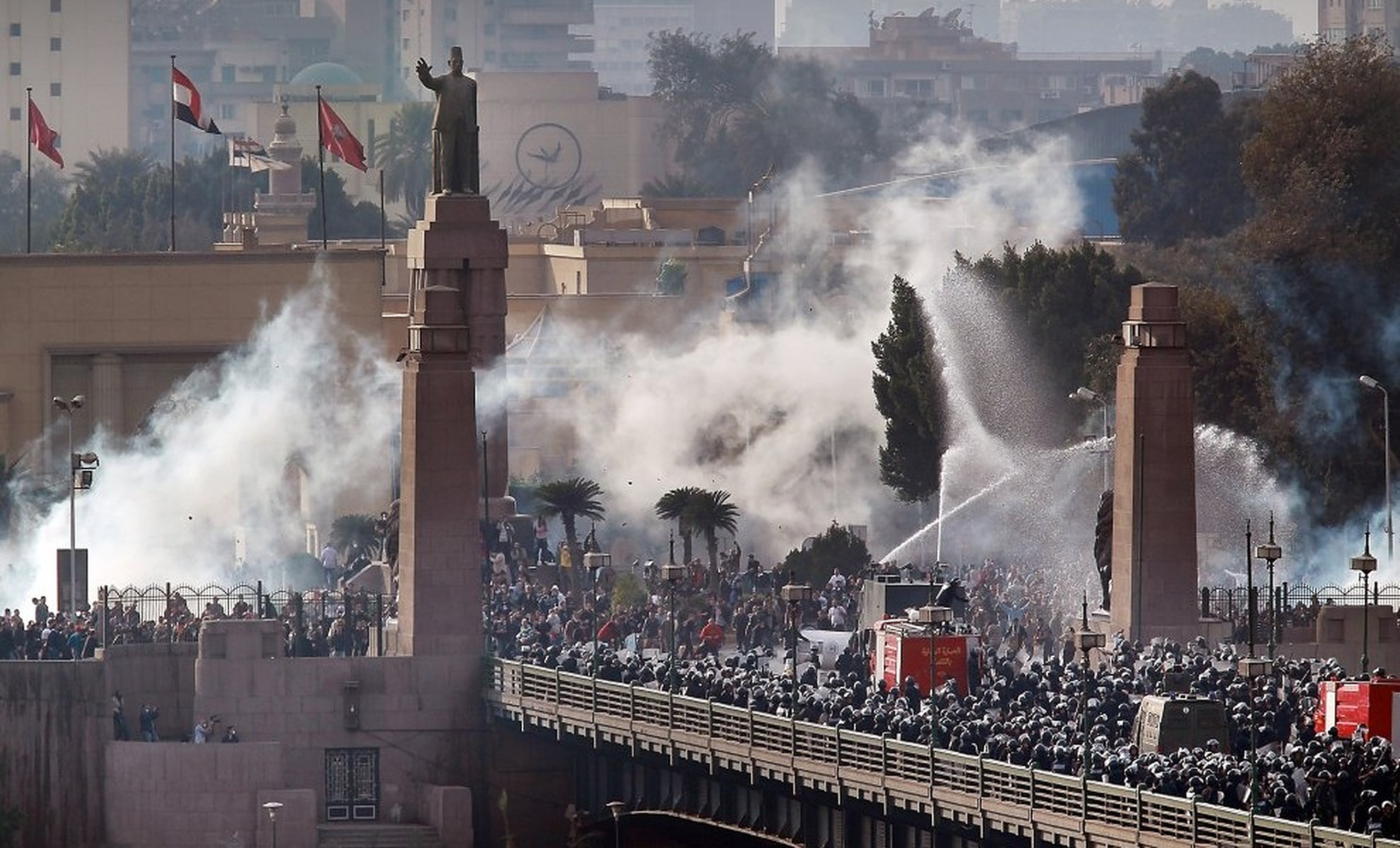
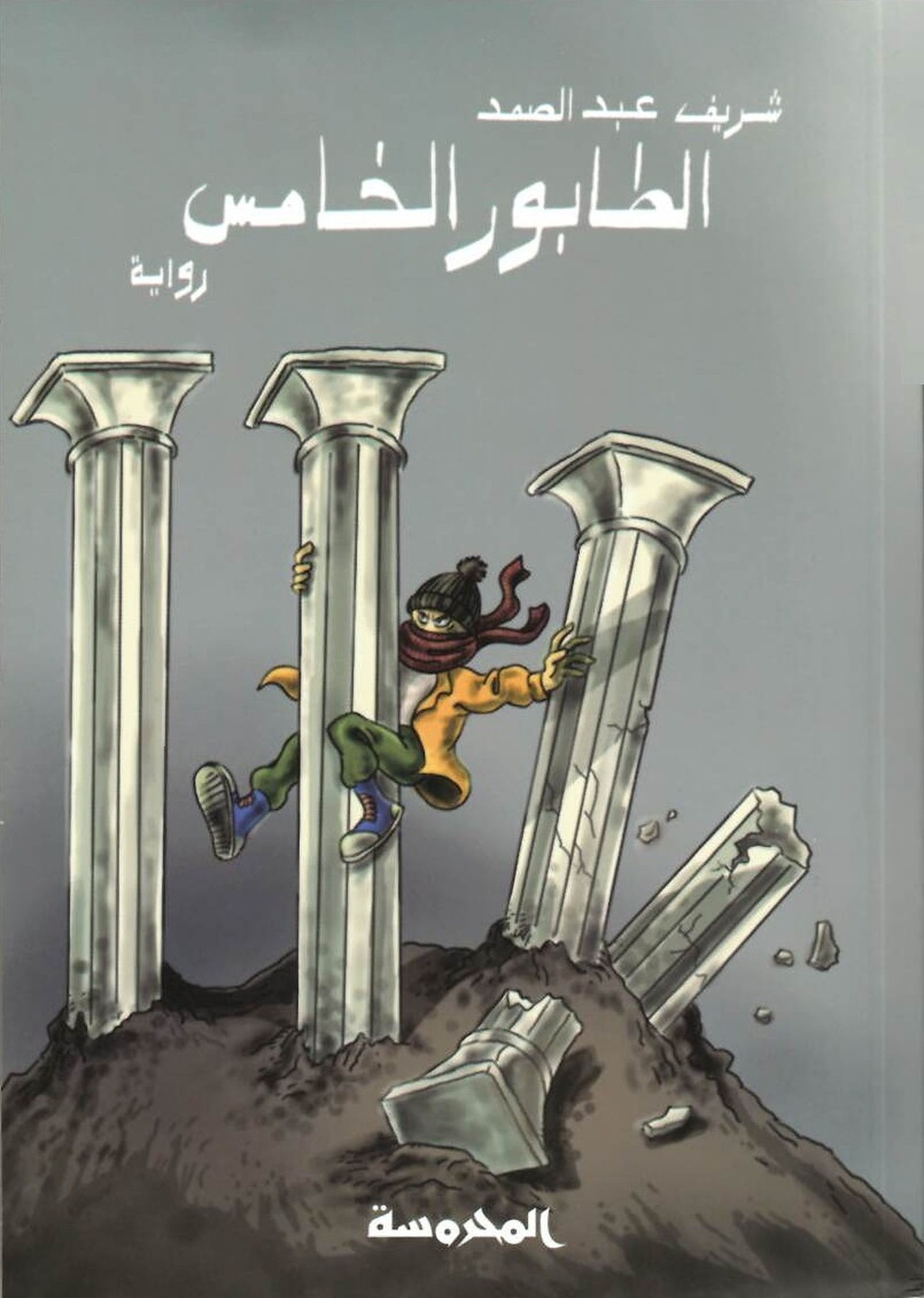


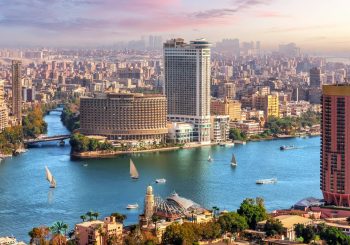
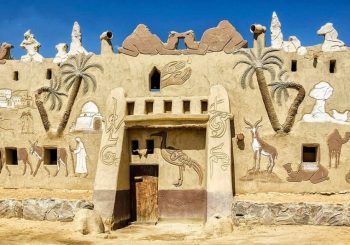
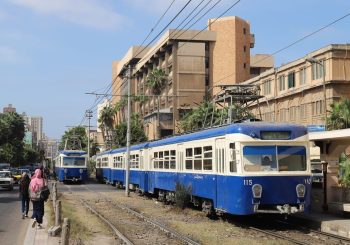
Comment (1)
[…] Sherif Abdel Samad’s most recent Arabic novel, Al Taboor Al Khamis (Fifth Column, 2021), is tinged with a poignant observation about politics through a humanistic lens that is ever more relevant today, 12 years after the 2011 revolution and the Arab spring. Lying behind the depth and richness of the content is a unique overarching […] The post Sherif Abdel Samad’s ‘Al Taboor Al Khamis’: The Humanity of Journalism first appeared on Egyptian Streets…Read More […]